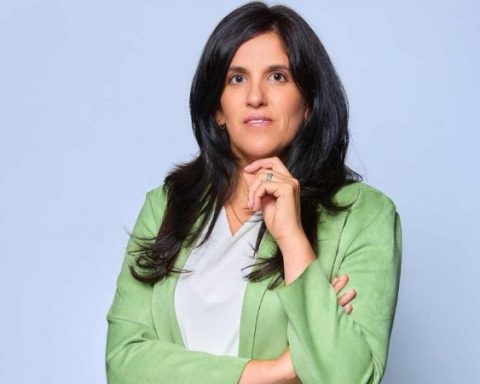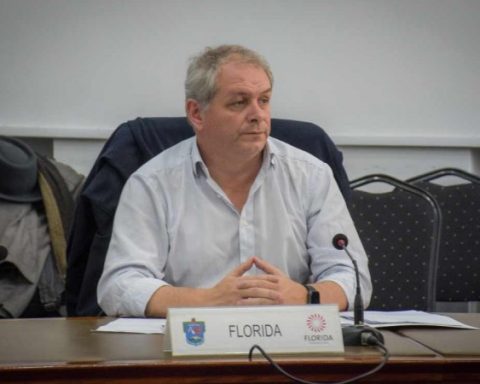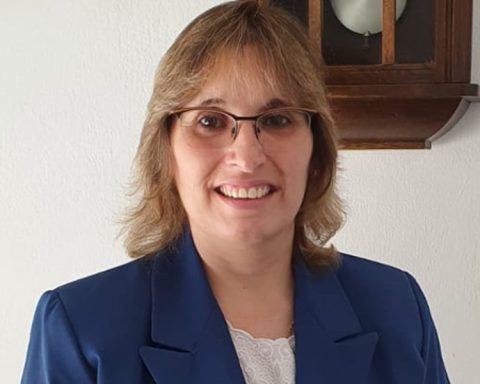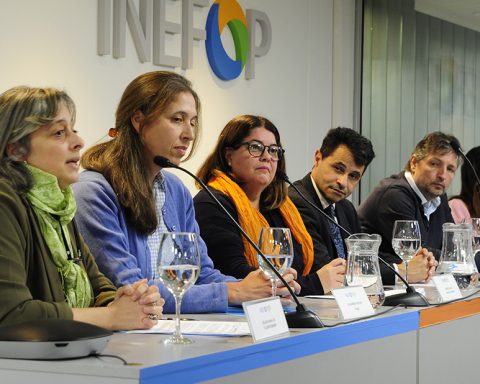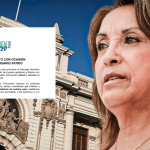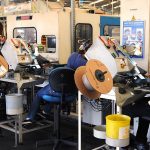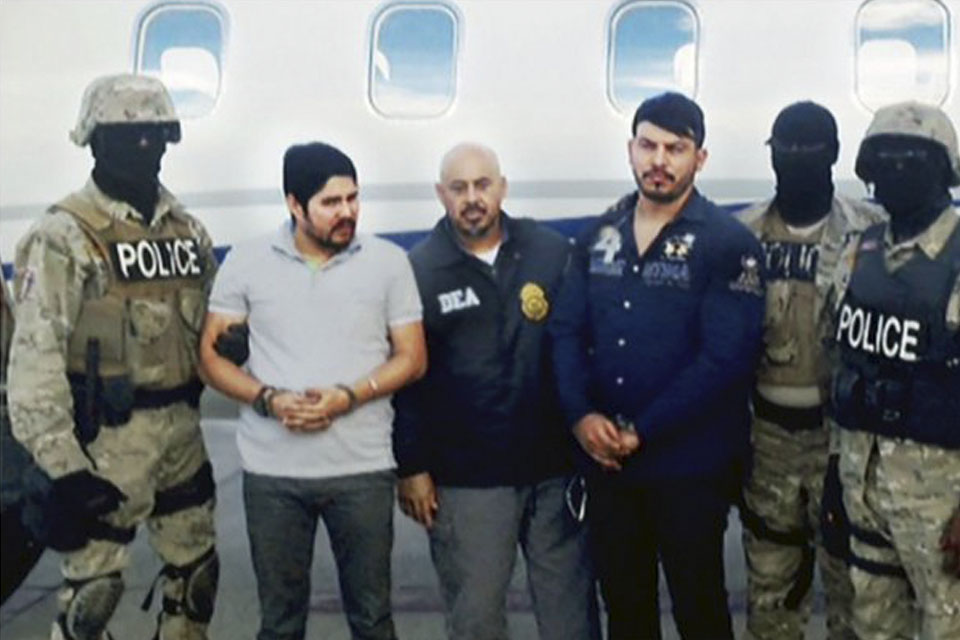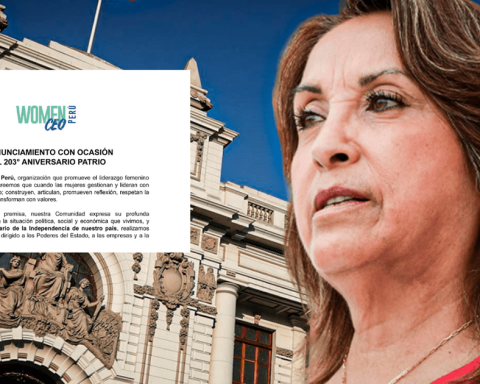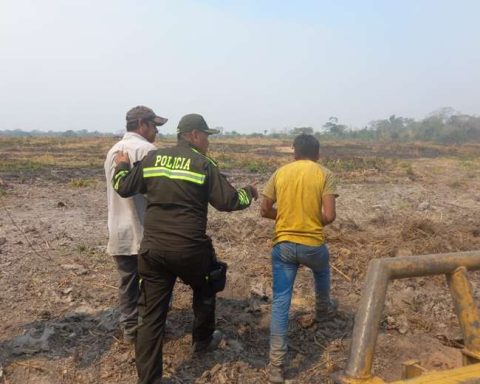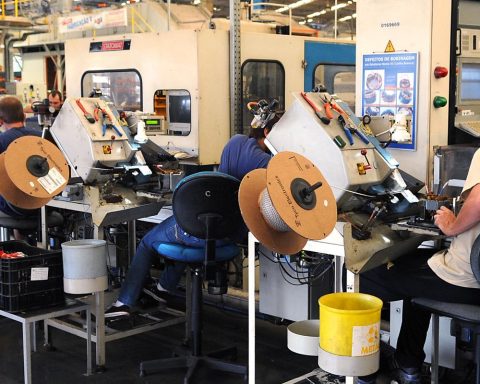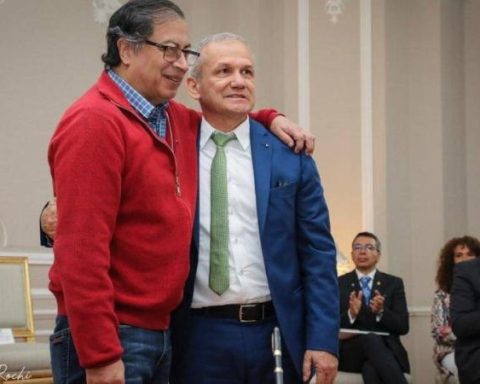Facundo Márquez took over as president of the Union of Exporters (UEU) a few days ago. He is the director and founder of Polanco Caviar, which is dedicated to raising sturgeons for export of meat and roe. He understands that Uruguay’s entry into the Trans-Pacific Agreement would be highly beneficial. In dialogue with The Observer, maintained that beyond forecasting a record of exports for this year, the union observes yellow lights on the horizon. Therefore, the need to improve competitiveness. He is convinced that the country must sign all the commercial agreements that are within its reach. “Uruguay’s client has to be the world; that’s all countries,” he says. Below is a summary of the interview that Márquez conducted with The Observer.
What is your opinion about Uruguay’s intention to advance in entering the Trans-Pacific Agreement?
It would be a huge challenge for Uruguay. It would be the most important agreement that is being talked about. It is different, because it is not negotiated, it is adherence, it comes with predefined clauses and it is quite complex since it requires the approval of all the members. For Uruguay it would be spectacular. And we are strongly supporting it so that Uruguay moves forward and asks for formal accession as soon as possible.
Do you agree with the government’s position of trying to close as many individual trade agreements as possible?
We are firmly convinced that the more agreements Uruguay has, the better. That is our vision and our drive. Treaties (commercial) with all the countries that we can. Always starting from the basis that they are well-negotiated treaties, not at any cost. Uruguay needs the largest number of agreements and be as open to the world. Bearing in mind that there are companies that benefit more than others and we will have to approach the less benefited ones to see how we can accompany them. As a general philosophy: Uruguay open to the world. The client of Uruguay has to be the world and that is all the countries.
What are the axes on which you want to work as president of the Union of Exporters?
Number one is to continue with the competitiveness of the sector. Next, we have two very strong units. A green export that has to do with sustainability. From the Union of Exporters we want to lead a process of articulation between exporting companies and the government. It will be a survival issue. Sustainability talking about environmental, social and governance. We have a specific group that started working on that. In fact, Uruguay is embarking on this process, with bonds indexed to environmental indices. Uruguay has a number of advantages over other countries that it has to start exploiting before the rest. Then there is the group of services. The export of services represents 25% of exports and although we have always worked with the issue, it is one of the focuses that we are going to put on it. These are the new things, regardless of the issues that the Exporters’ Union has historically been working on with all sectors of goods.
Photo: Camilo Dos Santos.
President of the Exporters Union
Beyond commodities, which are the main exported products, what would other sectors have to improve to exceed their sales abroad?
All those companies that do not have commodities and do not depend on a price have to work on differentiation, quality, at origin. The Uruguay brand is very important. You have to go out and sell it. The large companies that have commodities, in turn, are great champions of the Uruguay brand. When we talk about exports we all have to do with everyone. When a company sells a non-traditional product to a country and before that there was already another sector that was selling, it facilitates all the rest of the products. But for that, access to markets is important. The more diversification of markets and products there is, the more it can grow. But in addition, today with the uncertainties that exist, the risks can be reduced. We work on three main axes. On the one hand, logistics and connectivity. That is port, air and land. On the other, production costs, where all the State agencies and all the bureaucracies and costs are. And then there is access to markets.
How is the export sector with the technological transformation within companies?
Uruguay has a very good level of technological progress, because there are also institutions that closely accompany exporters. The National Institute for Agricultural Research (INIA) has helped a number of sectors. The Technological Laboratory of Uruguay (LATU) provides a number of technological improvement services and project support for exporters. The National Agency for Research and Innovation (ANII) as well. It is true that there are sectors, such as services, software or technology, that could export much more than now. We have a labor issue that needs to be addressed. In the short term. And in the medium and long term. For the short there are some strategies that are being worked on. But you have to start doing it in the educational system, to start preparing people. It is a sector that can grow more. Clearly the market is requiring it and Uruguay has all the conditions to do so. But we need to train people. There is potential quality employment, and you have to look for all the ways to fill those spaces.
He referred to the good relationship that the union has with the State. What are the biggest bureaucratic obstacles facing the sector?
We have excellent and constant dialogue with all State agencies, of course there are specific issues. Obviously, Uruguay has a bureaucratic issue that needs to be improved. It is a bureaucratic state. That is one of the main complications. We are working with the Trade Facilitation Committee with various ministries. There is Economy, Industry, Foreign Relations, Livestock, Environment. Specifically looking for what are those obstacles that currently exist, so that we feed that committee with information and proposals.
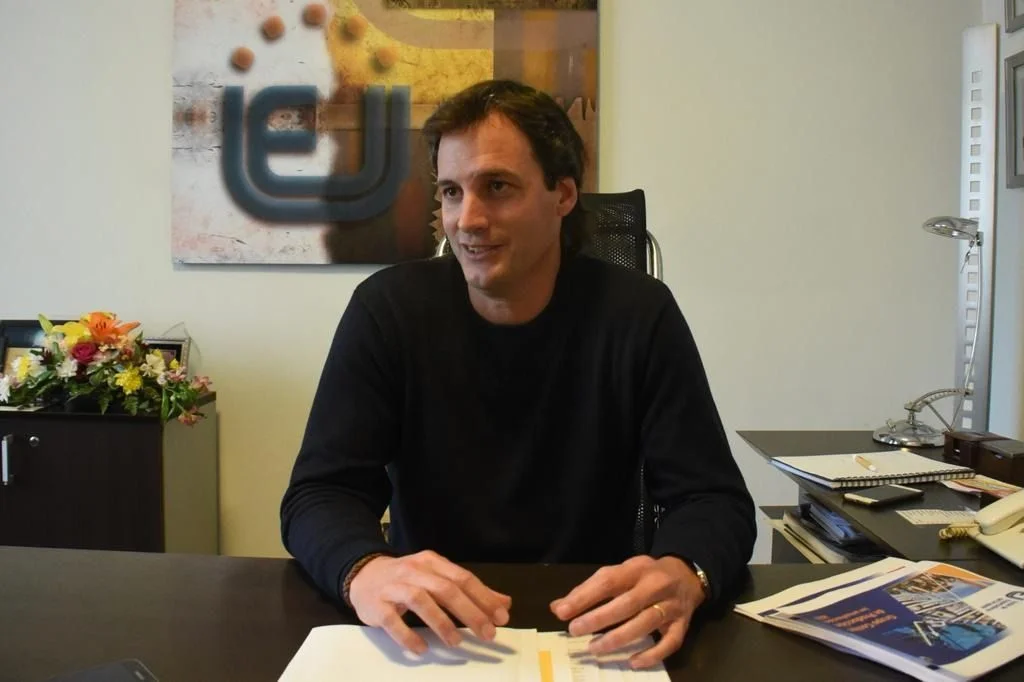
Photo: Camilo Dos Santos.
Facundo Marquez
He talked about logistics. How do you see the operation of the port of Montevideo?
This issue is on a medium and long-term agenda. For us, as exporters, the port is a nerve center. As the Union of Exporters we do not get into legal and partisan issues. The only thing that moves us is to lower the rates and improve the service. There is an issue we are working on, it is the bill for the creation of the Port Services Regulatory Unit (Ursep). We believe improvements can be made. We are proposing some modifications to the original project. A key issue would be that there is a unit that controls the issue of rates and that has the decision to advise the Executive Branch. We understand that the National Ports Administration (ANP) as part of the Cuenca del Plata Terminal (TCP) cannot be both judge and party in some matters. We believe that there has to be an independent unit. The only thing that interests us is to have a competitive port. Today we clearly do not have it. Moving a container, compared to other ports in the region, is between three and four times more expensive. Those comparisons were made with the port of San Antonio in Chile and that of Rio Grande in Brazil. Costs have to be lowered. In the air part, Uruguay has very poor connectivity and getting to the countries is expensive. Today connectivity is not only important to export products; also to bring customers. And when you want to bring clients, it’s like an odyssey. Many do not come directly. It is very difficult to get to Uruguay.
Does the union already have a forecast on what the end of the year for exports will be like?
It is an estimate. It will be around US$20,000 million between goods and services. It’s going to be record. You can say: how spectacular, we keep flying. Unfortunately, the world we have today is not the one we had at the beginning of the year. United States with a very high inflation, rising interest rates, discussion about whether or not they enter a recession. Europe with all known problems, energy, inflation. China still with difficulties tied to the pandemic. We are in a much more complicated and complex world. In addition, all the cost increase drag. The price of commodities is going down. We see yellow lights in the future and that is what we always try to convey to the government. Record exports, yes. But many sectors that are not associated with commodity prices are fighting it, with higher costs than they had before. Hence the issue of competition. The government set itself the goal of reducing inflation. Okay, we’re not against it at all. What we always say is that we don’t want them to use the exchange rate as a tool to contain inflation. We know that it is bread for today and hunger for tomorrow. Today Uruguay is expensive.
In the relative exchange rate against the entire world, it is at the bottom of the list. That gap, when we are going to compete as an exporter, is becoming more and more complicated. But we are convinced that exporting is the most genuine way to make the country grow. This is automatically reflected in employment and in the well-being of the people.
With more production of products, other new ones, more markets, more diversification of articles and markets. And with more competitive costs.

